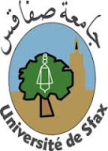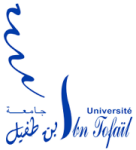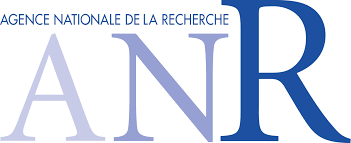ABOUT US




Climate change is one of the most defining concerns of today’s world and has greatly reshaped or is in process of altering earth’s ecosystems and, as a results, the agricultural sector. The increasing demand for food due to an ever-growing population has led to intensive agricultural practices including unprecedented use of agrochemicals, livestock production, and exploitation of water resources. To mitigate water scarcity and reduce the high operation and maintenance costs of wastewater systems, water use and wastewater treatment must be addressed efficiently and affordably. Future wastewater treatment solutions should lead to improved crop yields and contribute to a circular flow economy. Therefore, improving the quality of irrigation water will improve food safety and security, preserve the biodiversity and microorganisms in the soil, and increase the crop yields for smallholder farmers. SAFE's major challenge is the development and improvement of tools to: increase yields through good quality of water for irrigation, soil and pest management. In fact, SAFE will address these challenges by investigating i) decentralized wastewater treatment based also on natural solutions, ii) evaluation of water reuse for crop irrigation, and its impact on crop production and quality, iii) promotion of environment respectful practices and, iv) evaluation of the local biodiversity and co-benefits. All these tools will be integrated and co-developed with smallholder farmers from different case-studies reflecting different socio-environmental settings from both the northern and southern shores of the Mediterranean Sea.






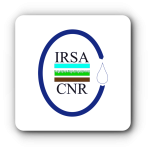
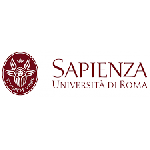
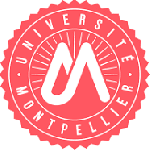
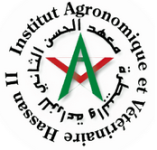
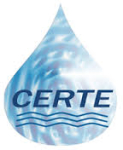
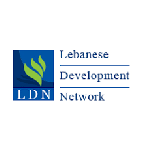
algeria.jpg)
